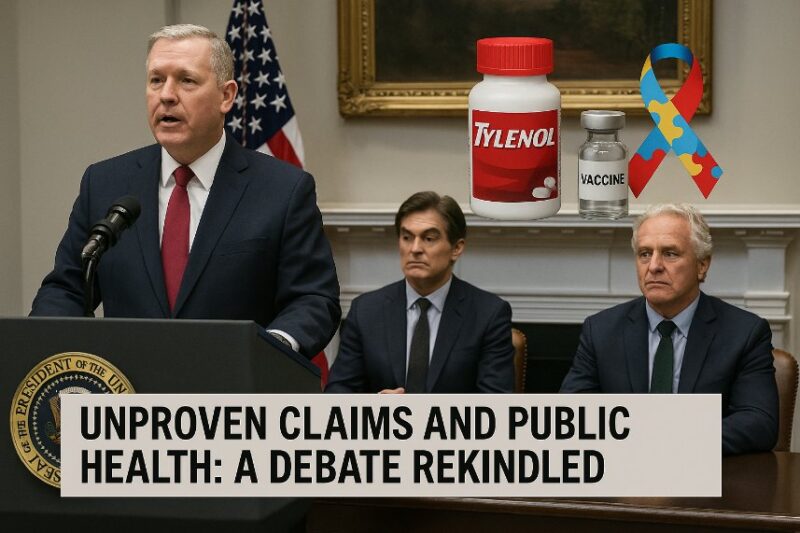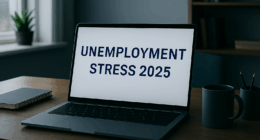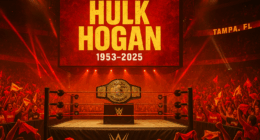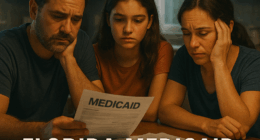A Presidential Claim Stirs Scientific Storm
In the Roosevelt Room’s polished glow on September 22, 2025, President Donald Trump, flanked by Health Secretary Robert F. Kennedy Jr. and CMS head Dr. Mehmet Oz, issued a directive that rippled through medicine’s quiet corridors: Pregnant women should shun Tylenol “during the entire pregnancy” due to purported autism risks, with the FDA poised to alert doctors. Trump teased it Sunday as an “answer to autism,” tying it to vaccines in a nod to Kennedy’s long-held theories. For families like the Patels—parents of a 7-year-old on the spectrum navigating therapies amid rising diagnoses—this wasn’t policy; it’s a gut-wrenching echo of hope laced with fear, where a leader’s words could sway choices in doctor’s offices and delivery rooms. Amid autism’s 1-in-31 prevalence, Trump’s unproven pivot evokes a deeper ache: In chasing causes, will we chase away evidence, leaving parents adrift in a sea of speculation?
The Human Toll: Families Grapple with Misinformation’s Weight
For Maria Gonzalez, a 32-year-old teacher in suburban Chicago expecting her second child, Trump’s words landed like a thunderclap during her routine checkup. Already wrestling with her 4-year-old’s recent autism diagnosis—milestones missed, therapies straining the budget—she scrolled headlines, heart pounding: “Is my prenatal Tylenol to blame?” Experts assure no causal link, but the doubt gnaws, amplifying isolation in support groups where Kennedy’s “epidemic” rhetoric fuels whispers of “what if.” For the 1 in 31 U.S. kids affected—up from 1 in 36 in 2020—parents like Gonzalez face not just logistics, but stigma: Blame-shifting to vaccines or meds erodes trust in care, delaying interventions that could unlock potential.
Kennedy’s “all-agency” probe, spanning NIH to CDC, promises answers by September’s end—a timeline experts deem fanciful—but for families, it’s a double-edged sword. Hope flickers for root causes, yet fear looms of eroded vaccine confidence, as measles cases tick up 20% YTD. In diverse communities—Black and Hispanic kids now at higher rates (3.3-3.8% vs. 2.8% white)—disparities deepen: Less access to screenings means later diagnoses, compounded by rhetoric questioning trusted tools like MMR shots. This human fray? Not data points, but daily battles—for inclusion, understanding, and a child’s unscripted joy.
Facts and Figures: Trump’s Claims vs. the Evidence
Trump’s announcement spotlights acetaminophen (Tylenol) and vaccines as autism culprits, but science begs to differ. CDC data: Autism affects 1 in 31 8-year-olds (2022 births), up from 1 in 36 (2016)—largely from broader criteria, awareness, and screening, not a true “epidemic.” Kennedy’s effort: Multi-agency review, but no new data; FDA notice pending, yet guidelines unchanged—acetaminophen remains safest OTC for pregnancy.
| Claim | Trump’s/Kennedy’s Stance | Scientific Consensus | Key Studies |
|---|---|---|---|
| Tylenol & Autism | Avoid entirely; FDA to warn of risks | Association in some observational studies (e.g., higher exposure linked to 0.09% absolute risk increase), but no causation; sibling analyses show no link | JAMA 2024 (2.5M kids): No increased risk in siblings; Mount Sinai 2025 review: “Suggestive” but needs more research |
| Vaccines & Autism | Major factor in “epidemic” | Thoroughly debunked; no link in dozens of large studies | Danish 2019 (657K kids): No MMR-autism tie; NEJM/Lancet: MMR safe |
| Rising Rates | Environmental “exposures” like above | 60-90% heritable; rise from diagnostics (e.g., DSM-5 spectrum expansion), awareness; severe cases stable | CDC ADDM 2025: 3.2% prevalence; 60% diagnostic shift per Denmark study |
No single cause; genetics, age, environment interplay.
Broader Health Context: Reshaping Policy on Shaky Ground
Trump’s push, amplified by Kennedy’s MAHA movement, signals a seismic shift: CDC panel tweaks on COVID shots, thimerosal fears revived despite debunking. Autism’s “spectrum” now captures milder cases—up 22% since 2020—yet Kennedy’s “tragedy” frames it as crisis, ignoring equity gains: Higher diagnoses in Black/Asian kids signal better access, not worse fate.
Historically, Wakefield’s 1998 fraud birthed vaccine myths—retracted, yet lingering, costing lives via measles surges. Globally, WHO echoes: No vax-autism tie; rises from screening (e.g., UK’s 1-in-57 to 1-in-30). In U.S., 10,000 HHS cuts roil agencies, per critics, undermining trust amid outbreaks. For underserved families—Hispanic rates up 3.3%—misinfo delays care, widening gaps.
What Lies Ahead: Probes, Precautions, and Parental Pressures
Kennedy’s September deadline for “answers” strains credulity—experts need years for robust trials—but expect FDA labels by October, advising “cautious” Tylenol use. ACOG pushes back: Untreated fevers risk more than meds. For parents: Consult docs; no panic—observational links don’t dictate destiny.
Resilience? Bipartisan research boosts—$500M NIH autism fund proposed—focusing genetics/environment sans blame. Globally, EU’s eco-toxin bans inspire; here, equity: Screenings for all kids, therapies without stigma. For Gonzalez, it’s arming with facts—joining networks like Autism Society, voicing needs over narratives.
Conclusion: Navigating Trump’s Tylenol-Vaccine Autism Claims
Trump’s promotion of unproven Tylenol and vaccine ties to autism, sans fresh evidence, tugs at families’ deepest hopes while fraying science’s thread. As Kennedy’s probe races a clock experts say can’t be beat, the real “epidemic” is misinformation’s spread—eroding trust, delaying care. In this fraught frontier, let facts float the boat: Broader diagnoses illuminate more lives, not epidemics; heritable roots run deeper than rumors. For Maria and millions, may policy pivot to support—therapies, inclusion, unyielding advocacy—ensuring autism’s spectrum shines with possibility, not peril.





